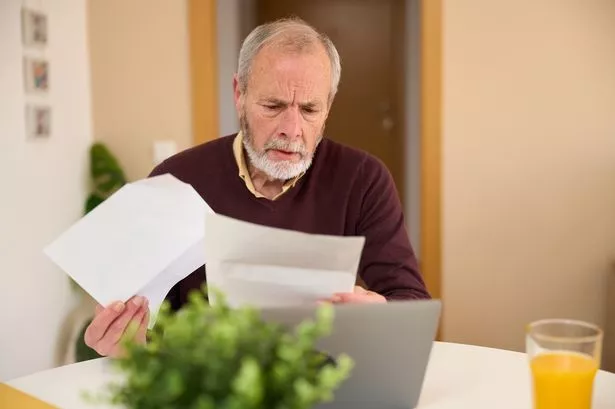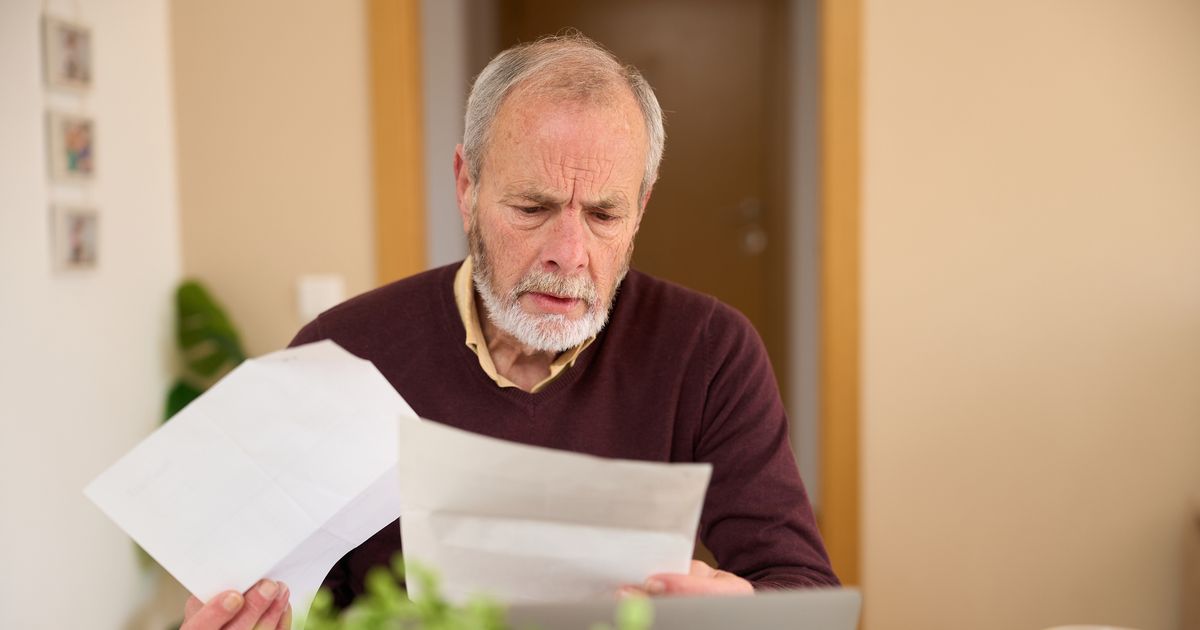Every year the State Pension increases in line with whichever is the highest out of earnings growth in between May to July, inflation in September, or 2.5%.
15:13, 22 Oct 2025Updated 15:14, 22 Oct 2025
 The rate of inflation in September remained at 3.8%(Image: GETTY)
The rate of inflation in September remained at 3.8%(Image: GETTY)
UK inflation remained unchanged at 3.8% in September – having a major impact on the future of the State Pension and many benefits, according to economists.
Rates of inflation stayed at the same level as was recorded in August, despite the majority of economists and the Bank of England having expected inflation to rise to 4%.
Inflation is used to show how the price of goods or services have changed over time – meaning prices are, on average, 4% more expensive now compared to what they were 12 months ago, the Mirror reports.
The Office for National Statistics (ONS) releases inflation data every month. It said transport costs were the main reason for inflation staying at 3.8% due to petrol prices and airfare prices not falling by as much as they did compared to last year.
Content cannot be displayed without consent
However, the cost of food and non-alcoholic drinks fell, as did the price of tickets for live events.
The inflation figure for September is particularly important, as it is normally used to help calculate how much the State Pension and many welfare benefits will rise by next April.
The triple lock ensures the State Pension increases every April in line with whichever is the highest of earnings growth between May and July, inflation in September, or 2.5%.
Wage growth for May to July was 4.8% and as this is higher than September inflation, this is the figure that will be used to increase the State Pension by next year.
The expected 4.8% increase means that people receiving the full new state pension could receive £241.30 per week – or around £12,548 per year.
Those on the full basic state pension could see their weekly payment rise to around £184.90.
Join the Manchester Evening News WhatsApp group HERE
Grant Fitzner, ONS Chief Economist, said: “A variety of price movements meant inflation was unchanged overall in September. The largest upwards drivers came from petrol prices and airfares, where the fall in prices eased in comparison to last year.
“The were offset by lower prices for a range of recreational and cultural purchases including live events. The cost of food and non-alcoholic drinks also fell for the first time since May last year.”
Chancellor Rachel Reeves said: “I am not satisfied with these numbers. For too long, our economy has felt stuck, with people feeling like they are putting in more and getting less out.
“That needs to change. All of us in government are responsible for supporting the Bank of England in bringing inflation down. I am determined to ensure we support people struggling with higher bills and the cost of living challenges, deliver economic growth and build an economy that works for, and rewards, working people.”

